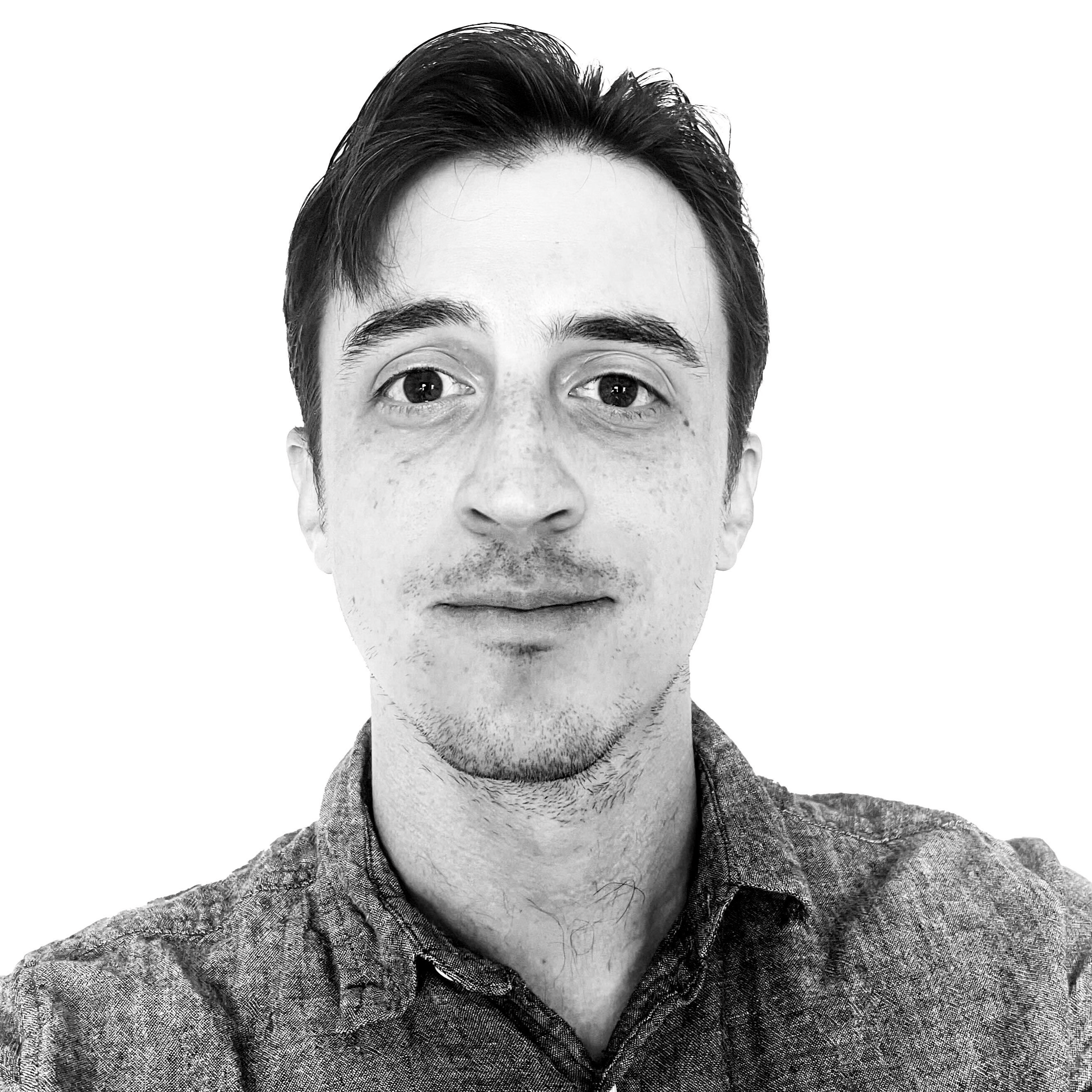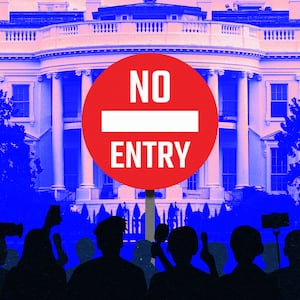White House reporters are balking at Communications Director Steven Cheung’s paranoid assertion that they are resorting to spy-like tactics to report on the administration.
On Friday, the Trump administration, which calls itself “The Most Transparent Administration In History!”, banned reporters from “Room 140,” an area of the White House that houses the offices of Press Secretary Karoline Leavitt, Cheung, and other key staffers, unless they make an appointment. The move follows the Pentagon barring reporters from working in the building unless they agreed to only publish talking points from the Department of Defense.
Cheung said the highly-restrictive move was done because reporters were “secretly recording video and audio of our offices,” wandering “into restricted areas,” “eavesdropping on private, closed-door meetings,” and harassing Cabinet members. He did not provide evidence for these claims.

Cheung’s allegations bristled reporters, who argued that the supposed improper behavior of the White House press amounted to journalists doing journalism.
“There is NO way anyone ‘wandered’ into restricted areas,” replied Brian J. Karem, an award-winning former White House correspondent for Playboy.
“There are Secret Service agents everywhere. We’re also far too professional for that - those of us who have covered the beat - and @StevenCheung47 is a notorious liar."
Karem, 64, went on to dismantle Cheung’s reasoning piece by piece.
“As for Cabinet secretaries after they leave cabinet meetings, he is correct. We do approach them. THAT’S OUR JOB and he simply doesn’t want us doing it,” he said. “Snooping? Eavesdropping? Close your door. And, by the way, what he calls snooping boils down to us asking questions they don’t want to answer.”

Washington Post reporter Dan Lamothe also questioned Cheung’s credibility.
“Could this all have happened? Maybe? But it’s from the same spokesperson who claimed without evidence that some Pentagon reporters were ‘physically confronted and threatened with retaliation’ if they didn’t walk out together," he wrote.
Newsday’s Politics Editor David Cruz wrote succinctly, “What Mr. Cheung here is describing — absent of this first purported allegation — is called journalism."
Karem has locked horns with the Trump administration before. In 2019, he got in a shouting match with former Trump aide Sebastian Gorka. Karem said to Gorka, “Come on over here and talk to me, brother. We can go outside and have a long conversation.” Gorka considered this a threat and the Trump White House revoked Karem’s press badge. Karem sued and had his press badge returned in 2020. He now writes for Salon.
The White House attempted to close off the “Upper Press” area once before: in 1993, during the Bill Clinton administration. Then-Press Secretary George Stephanopolous said the policy was implemented because he was more involved in policy decisions than previous press secretaries, and didn’t want journalists “loitering” around. Loud and angry backlash from the media led the Clinton White House to quickly back down from that decision.







